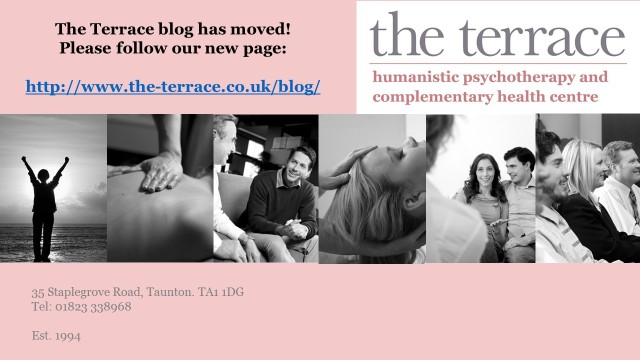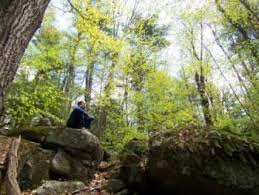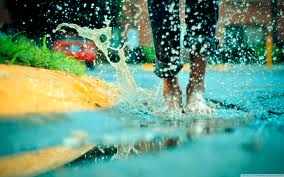 Well we are a week into 2016, so we thought we would repost a great piece by our own mindfulness expert, Miranda Bevis. How many of us are still keeping to those new year’s resolutions? Should we even be trying – adding additional pressures to our already stressful days?
Well we are a week into 2016, so we thought we would repost a great piece by our own mindfulness expert, Miranda Bevis. How many of us are still keeping to those new year’s resolutions? Should we even be trying – adding additional pressures to our already stressful days?
In days gone by, as the old year departed, I would enthusiastically construct a huge list of New Year’s Resolutions. This was it! I was at last going to get in control! Become thin and fit and popular, well read, up to date with current affairs and so, so organized. And for the first few days, I’d get up early, go for a run, read improving books and eat improving food. Hoover under the sofa, tidy my sock drawer and open brown envelopes immediately.
If I’d managed to carry all these good intentions through, by now I would be lean and fit, living a life that worked like clockwork, fluent in a number of foreign languages, with an In tray that was always empty, and an Out smugly full. But happier? I’m not so sure.
Anyway, not surprisingly, I rarely got beyond week one with any of them; certainly they never made it to February. Very quickly, exhaustion, apathy and chocolate would take over, and I would be back where I started.
Why do we do this? I suspect it’s got something to do with wanting getting to grips with life, and to feel more in control. Perhaps coming from a feeling of not really being in control.
And while there’s nothing wrong with wanting to improve aspects of our lives, perhaps we need to hold on to these goals lightly, and understand that even if we achieved them, it wouldn’t necessarily make us happy or help us to navigate the pitfalls of life.
The truth is that we just aren’t fully in control of our lives. Difficult things are always going to happen. Mindfulness offers the possibility of being “in control of not being in control”. It helps us embrace both the pleasant and the unpleasant, the joys and the tragedies of life with equanimity. It’s not about trying to change things, but simply learning to be OK with being exactly where we are.
So these days, there’s only one item on the list, and that is to do as much Mindfulness as I possibly can. Over and over to come back to the present, to the simple breath, to an awareness of what I’m doing , while I’m doing it.
And strangely, the more I practice, I find that some of the things on the original list begin to come more naturally. By developing a kindly awareness towards myself, it becomes much easier to give myself what I truly need.
Still not great with brown envelopes though.
 Miranda is offering mindfulness taster sessions at The Terrace, Taunton in January 2016:
Miranda is offering mindfulness taster sessions at The Terrace, Taunton in January 2016:
Taster Sessions:
Tuesday January 12th 6.30- 8.00pm
Wednesday January 13th 9.30- 11.00am
Cost £5
Eight week Mindfulness Courses
Starting Tuesday January 26th 6.30- 8.45pm
Starting Wednesday January 27th 9.15- 11.30am
Optional half day for both courses: Sunday 6th March See the Events page of The Terrace website for full details.















 has been shown to increase feelings of well being, and decrease the impact of living in a stressful world. It is now taught widely in many different settings including schools, the mental health services, hospitals and hospices, prisons and government agencies
has been shown to increase feelings of well being, and decrease the impact of living in a stressful world. It is now taught widely in many different settings including schools, the mental health services, hospitals and hospices, prisons and government agencies